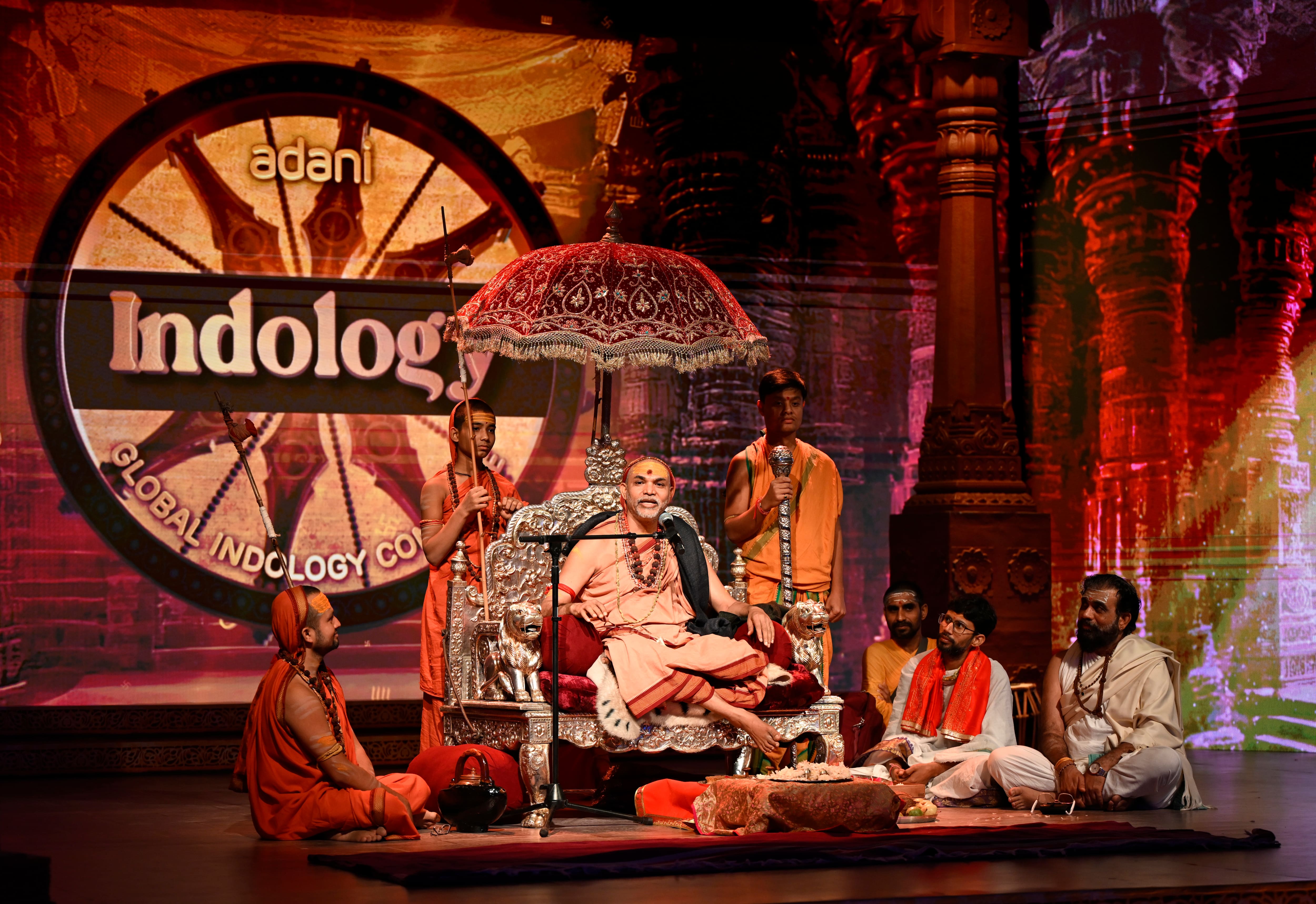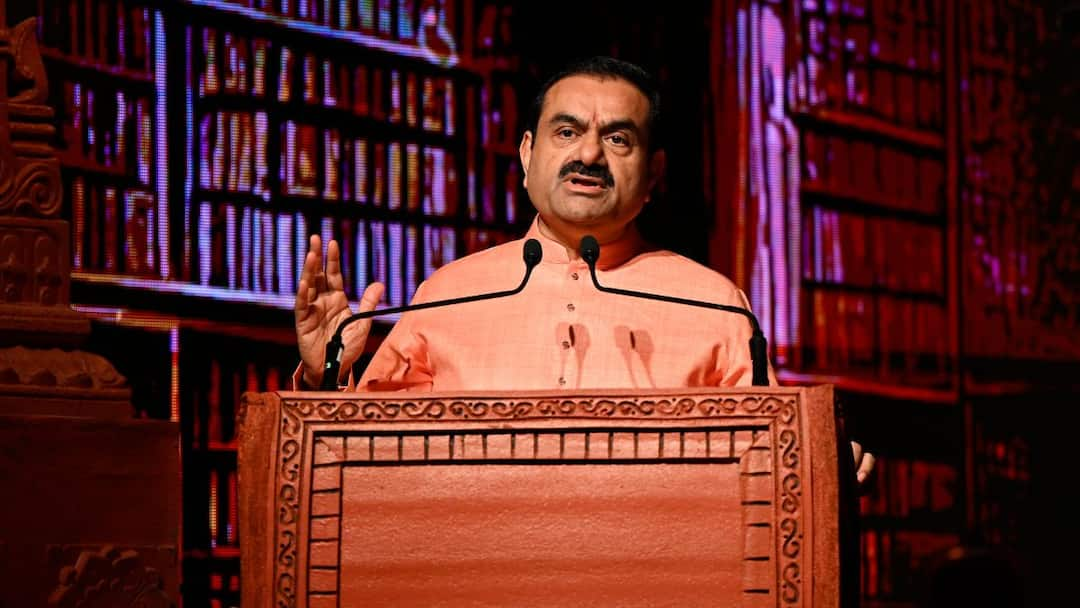Gautam Adani recently pledged Rs 100 crore to develop the Bharat Knowledge Graph, a digital framework designed to preserve, organise, and modernise India’s civilisational knowledge systems for the age of Artificial Intelligence.
The Adani Group chairman made the announcement at the inaugural Adani Global Indology Conclave in Ahmedabad. The initiative was hosted jointly by the Adani Group and the Ministry of Education’s Indian Knowledge Systems (IKS).
Spread across three days, the conclave brought together scholars, technologists, policymakers and spiritual leaders to examine how India’s intellectual traditions can be strengthened through modern research and digital tools.
A Digital Push for India’s Knowledge Heritage
Announcing the commitment, Gautam Adani said, “As a beginning, I am humbled to announce a founding contribution of Rs 100 crore towards building the Bharat Knowledge Graph and supporting the scholars and technologists who will contribute to this Indology mission. This is the repayment of a civilisational debt.”
The Bharat Knowledge Graph aims to serve as a comprehensive knowledge architecture that captures India’s contributions across disciplines, from astronomy and mathematics to governance, linguistics and philosophy. Designed to be compatible with evolving AI technologies, the platform is intended to ensure that India’s intellectual heritage is not just preserved but actively used in contemporary learning, research and global scholarship.

The conclave’s guest of honour, Swami Avimukteshwaranand Saraswati, Jagadguru Shankaracharya of Jyotir Math, underlined the significance of such efforts. “When I assumed the position of Shankaracharya, I had said that my role would become meaningful only when India becomes the Vishwaguru (global teacher). And today, Gautam Adani ji’s initiative is a major support to that very dream of mine,” he said.
Research, Revivals and the Role of Technology
A key focus area of the conclave is addressing how India’s civilisational frameworks can be protected at a time when digital systems increasingly shape human behaviour. Adani cautioned that “if a civilization does not actively defend its cultural and emotional frameworks, human behaviour will bend, not towards culture or tradition, but towards the cold logic of the machine’s algorithms,” adding that such a transformation could subtly influence how future generations interpret their own history and identity.
To build academic capacity, the Adani Group and IKS are supporting a five‑year programme for 14 PhD scholars across institutions such as IITs, IIMs and universities with strong Indology and classical studies departments. Their research spans Paninian grammar, computational linguistics, ancient astronomy, indigenous healthcare systems, sustainability principles in traditional engineering, political thought and classical literature.
Project leaders said the scholars were selected through a rigorous national consultation and will work on integrating classical knowledge frameworks with modern methodologies such as data science, systems thinking and multimodal archiving. The aim is to make India’s civilisational knowledge more accessible and future-ready while maintaining academic rigour.
(This copy has been produced by the Infotainment Desk)



